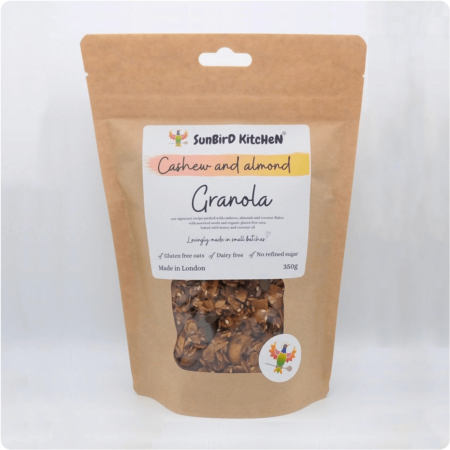
Insomnia
Written by Melanie Dixon

Common Symptoms
Psoriasis is a whole-body inflammatory condition that is so much more than skin deep. People with psoriasis often experience symptoms including:
- Skin plaques that can be large or small, smooth or scaly, red or white, depending on which type of psoriasis you have
- Food sensitivities
- Other auto-immune conditions such as Coeliac disease, thyroid auto-immunity and rheumatoid arthritis
- Diabetes and heart disease
- Depression
Common Causes
Conventional medicine often views psoriasis as just a skin condition, but psoriasis is actually an auto-immune condition, meaning that part of the body’s own immune system becomes confused and attacks normal tissues in the body.
- Poor Digestion & Leaky Gut undigested protein can create toxins that get into the body through the gut lining, causing the immune system to react
- Yeast Overgrowth a yeast infection in the gut called Candida is quite common in those with psoriasis
- Nutritional Deficiencies are seen in psoriasis, particularly of omega-3 fats (found in fish and some nuts and seeds), vitamin D, B12, selenium and fibre
Certain food sensitivities are also linked to psoriasis, especially gluten, nightshades (red peppers, aubergine and tomatoes) and alcohol. Stress, sunburn and anything that affects the immune system can also cause flare-ups.
Poor Sleep & Insomnia
Like humans, the majority of mammals sleep, so it must be important right? When we sleep, our body is busy healing and repairing and our brain is laying down memories and flushing out toxic waste. So when our slumber is sub-standard, these vital processes can be impaired. Studies also show that poor sleep can even shorten your life!
We all know how a bad night’s sleep makes us feel – tired, grumpy and even “hangry”. And most of us have experienced struggling to drop off or waking in the middle of the night, or maybe both. But insomnia can develop when sleep issues persist and can impact your quality of life. The good news is that small lifestyle and dietary changes can help improve both the quality and quantity of your slumber.
Effects of Poor Sleep & Insomnia
- Feeling angry and irritable
- Tiredness
- Difficulty concentrating
- Food cravings
- Depression & anxiety
Impacts of Poor Sleep & Insomnia
- Increases risk of diabetes and heart disease
- Memory problems
- Weight gain and difficulty losing weight
- High blood sugar
- Weakened immune system
Common Signs
Without even noticing, it’s completely normal to lose between 50-100 strands of hair every day, especially when brushing or washing your hair. If you’re worried that you’re losing more hair than this, it’s advisable to see your GP. Common signs that your hair loss isn’t normal are:
- Gradual thinning on top of the head
- Hair that’s easy to pull out or comes out in clumps
- Bald patches
- Loss of body hair
- Itching or burning of the scalp
Common Causes
- Tight hairstyles and chemical treatments
- Age
- Family history
- Pregnancy
- Stress or trauma
- Sudden weight loss
- Nutrient deficiencies
- Health conditions, after an illness or cancer
- Medications, chemotherapy or radiation treatment
Top Tips To Feel Better




Browse products that can
help with Insomnia

More Helpful Articles
- Eat your way to better sleep
- How to manage & minimise stress

